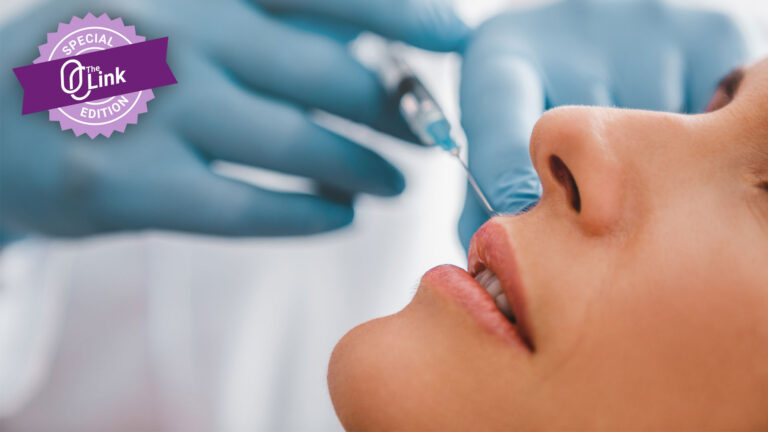
ACP’s new Standards of Practice for Pharmacists and Pharmacy Technicians (SPPPT) and Standards for the Operation of Licensed Pharmacies (SOLP)—approved by Council to take effect February 1, 2025—feature important clarification about the provision of services that do not fall within the practice of a pharmacist’s or pharmacy technician’s profession.
In the new SPPPT, Standard 4.3.2 reads as follows:
4.3.2 A regulated member must not hold themselves out as a regulated member in a manner that is capable of misleading or misinforming the public when providing services that do not fall within the practice of their profession, including services that
- fall under the Personal Services Regulation; or
- are not provided as a health service to a patient.
Standard 7.7.3(a)(i) of the new SPPPT states that a regulated member must not administer an injection for aesthetic purposes in their capacity as a regulated member.
Furthermore, Standard 4.13 in the new SOLP states the following:
4.13 A licensee or proprietor does not permit services that fall under the Personal Services Regulation to be provided from a licensed pharmacy.
These new standards do not allow regulated members to hold themselves out as regulated members while providing any personal services, including aesthetic services. The new standards also prohibit licensees from allowing personal services to be provided from a licensed pharmacy.
“Personal services” are defined in the Personal Services Regulation as “any of the following activities performed on, in or to a person’s skin, hair, nails or teeth, or other parts of the body of a person, for the primary purpose of enhancing, preserving or altering the person’s appearance:
- puncturing;
- cutting;
- shaving;
- exfoliating;
- applying pressure;
- inserting, implanting, attaching or removing objects;
- applying suction;
- using energy-emitting equipment;
- removing;
- styling;
- applying or injecting cosmetic products.”
It is important to note that ACP’s new standards do not prevent an individual from providing personal services. They do prohibit an individual from providing these services while using the title of “pharmacist” or “pharmacy technician” or from providing these services from a licensed pharmacy.
In approving these specific standards, Council considered four key areas:
- Consultation feedback – Council received and considered 179 pieces of feedback submitted by regulated members, interested parties, and the public during our consultation process about these changes to the standards.
- Legal considerations – ACP’s legal counsel provided to Council an explanation of the legal considerations relative to regulated members providing personal services. Please refer to the personal services background document for more information.
- Environmental scan – ACP consulted with pharmacy regulators across Canada, which revealed that Alberta and Prince Edward Island are the only provinces that have not yet banned pharmacy professionals from providing injections for aesthetic or cosmetic purposes. Alberta’s standards will now be consistent with almost all provinces. In addition, ACP reviewed the regulatory requirements for other health professions across Canada. Some other professions that allow the provision of aesthetic injections—such as dentists—require members to successfully complete a comprehensive, accredited education program that may take years to complete, before being granted authorization to provide certain aesthetic injections.
- Knowledge and competencies – ACP consulted with experts and educators in the field of aesthetics and determined that there is no existing standard list of competencies for the provision of personal services such as aesthetic injections. The experts further indicated that the skills and competencies required for aesthetic injection are vastly different from the injection technique used in typical intramuscular (IM) or subcutaneous injections (SC), and that improperly performing aesthetic injections may present a significant risk to patients.
The new standards take effect February 1, 2025. For more information, refer to the standards page.




